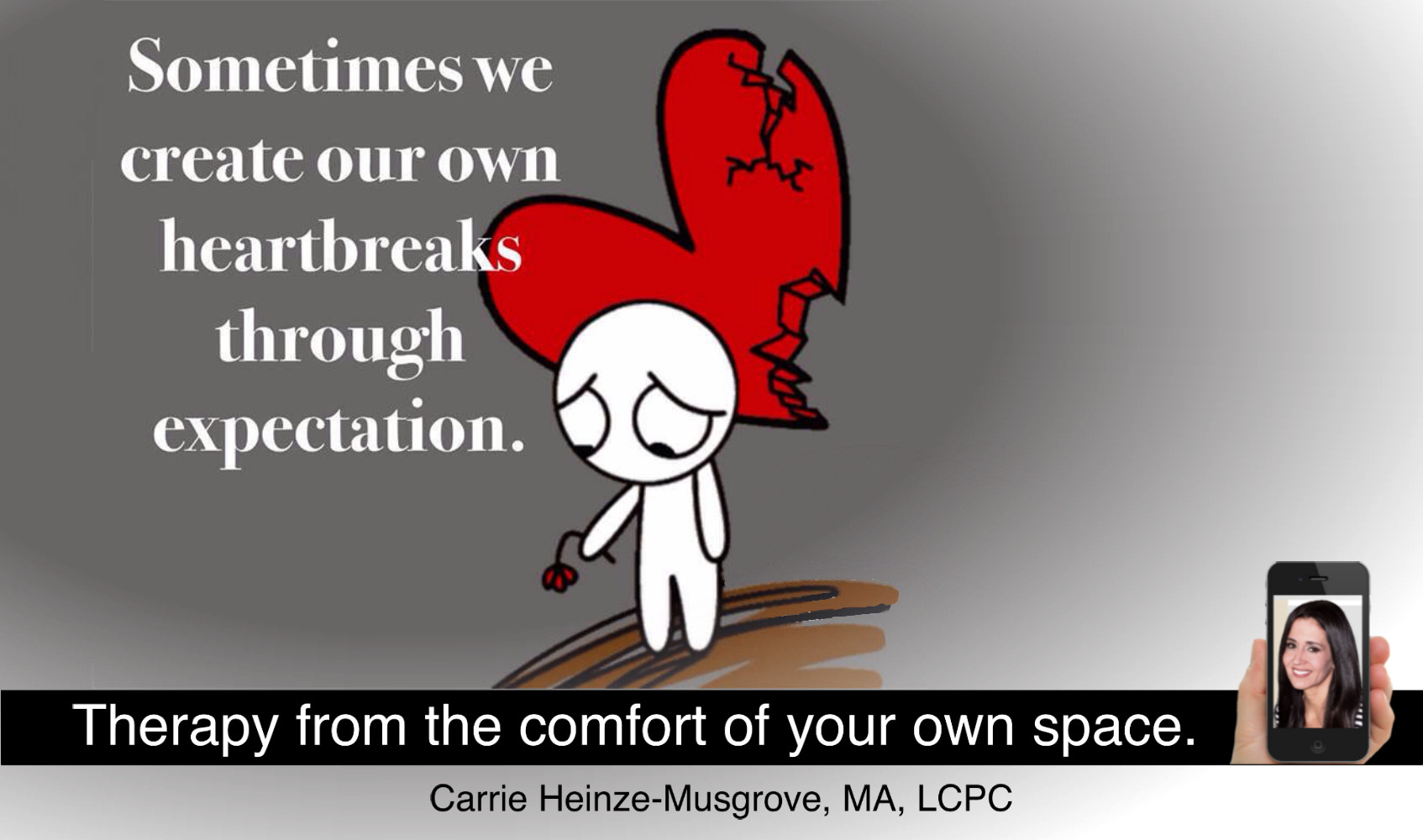We have all experienced first hand what it is like to be disappointed. All of us, have been let down by our partners, our family, friends, co-workers, acquaintances and even by ourselves.
But do the expectations you have for yourself and others create the foundation for disappointment?
The answer is yes!
We attach expectations to almost everything in life. We become disappointed when people, places and things fail to live up to our expectations. It is easy to falsely believe that the source of your disappointment is the person who wasn’t there for you. To blame the restaurant that was a horrible experience. To be angered by your friend that is late yet again or your family that didn’t show up to support you.
In reality, the source of your disappointment is not these people or situations, but it is simply your expectation of the people or situation that is causing you stress.
We expect people to do what they say they are going to do. We expect for people to treat us fairly. We expect to be treated with respect. We expect to be dealt with in the same manner we extend to others. We expect to be loved in the way that we love. We expect to be appreciated in the way we appreciate. We expect people to do what we need for them to do.
With all of these expectations, it is inevitable that we will end up disappointed. Disappointment is a feeling, which means it is INTERNAL. Expectation is the reason we feel disappointment. Every time you feel disappointment, it is easy to feel overwhelmed by emotions. We are inclined to want to blame others or withdraw so we can wallow in our disappointment.
Being disappointed RARELY changes the behavior of other people. Wanting a person to change their behavior doesn’t change their behavior either.
Although you have a right to be hurt and disappointed, the problem is not their problem. The problem is yours. Your problem is imposing the expectation and concocting the story. The story of what they should or shouldn’t do. The story of what they said or should have said. What they did, didn’t do or could have done. The cycle is then perpetuated in your head.
And while the cycle of hurt and disappointment is going strong, it is also getting old. You wish you could snap out of it because it weighs on you. But how?
Let therapy help you determine what role your expectations play in your disappointment and stress. Let therapy help you break the cycle by identifying whether or not your expectations are fair and reasonable. It can also help you determine what is in your control and not in your control. The key is to learn ways to change your expectations, redirect your thinking and learn how to communicate more effectively. Regardless of how you feel, remember that caring for yourself and your needs is the priority.
Carrie






